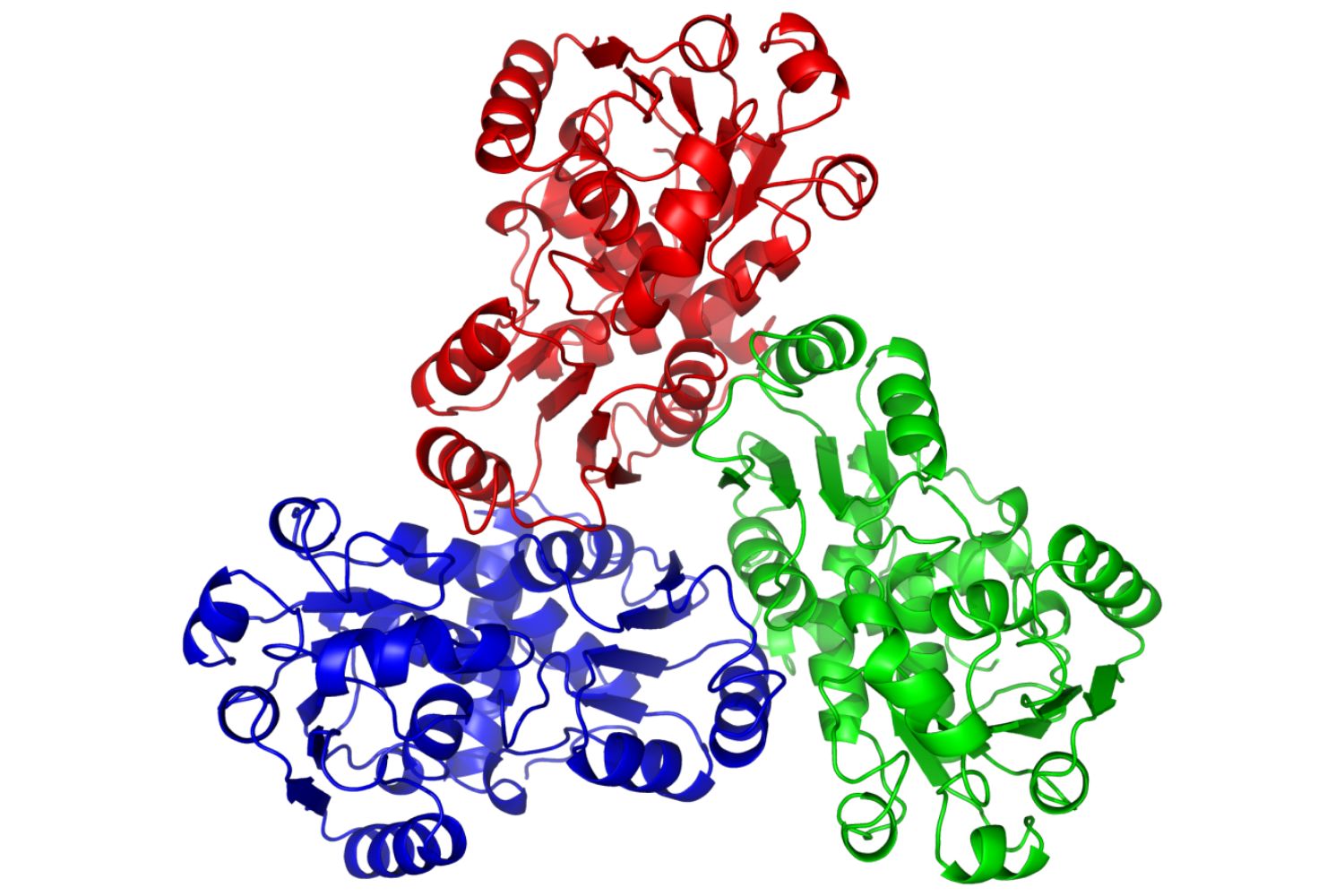
Ornithine Carbamoyl Phosphate Deficiency is a rare genetic disorder that affects the urea cycle, a crucial process in the liver that helps remove ammonia from the bloodstream. This condition can lead to severe health issues, including developmental delays, lethargy, and even life-threatening complications if not managed properly. Understanding this disorder is vital for those affected and their families. In this blog post, we will explore 25 essential facts about Ornithine Carbamoyl Phosphate Deficiency, shedding light on its causes, symptoms, diagnosis, and treatment options. Whether you're a medical professional, a caregiver, or someone seeking knowledge, these facts will provide valuable insights into this complex condition.
Key Takeaways:
- Ornithine Carbamoyl Phosphate Deficiency is a rare genetic disorder that affects the urea cycle, leading to ammonia buildup. Early detection and tailored treatment plans are crucial for managing this condition effectively.
- Living with Ornithine Carbamoyl Phosphate Deficiency requires ongoing medical care, lifestyle adjustments, and support from healthcare professionals and loved ones. Research and advancements offer hope for better outcomes in the future.
What is Ornithine Carbamoyl Phosphate Deficiency?
Ornithine Carbamoyl Phosphate Deficiency (OCPD) is a rare genetic disorder affecting the urea cycle. This cycle is crucial for removing ammonia from the bloodstream. When disrupted, it can lead to severe health issues.
-
OCPD is a genetic disorder: This condition is inherited in an X-linked recessive pattern, meaning it primarily affects males.
-
Urea cycle disruption: The urea cycle converts ammonia, a toxic byproduct of protein metabolism, into urea, which is then excreted in urine.
-
Enzyme deficiency: OCPD results from a deficiency in the enzyme ornithine transcarbamylase (OTC), which is essential for the urea cycle.
-
Ammonia buildup: Without proper enzyme function, ammonia accumulates in the blood, leading to hyperammonemia.
Symptoms of Ornithine Carbamoyl Phosphate Deficiency
Symptoms can vary widely, from mild to life-threatening. Early detection is crucial for managing the condition effectively.
-
Neonatal onset: In severe cases, symptoms appear within the first few days of life, including lethargy, vomiting, and seizures.
-
Developmental delays: Children with OCPD may experience delays in reaching developmental milestones.
-
Behavioral issues: Hyperactivity, irritability, and other behavioral problems can occur due to elevated ammonia levels.
-
Liver dysfunction: Some individuals may develop liver problems, including hepatomegaly (enlarged liver).
Diagnosis of Ornithine Carbamoyl Phosphate Deficiency
Accurate diagnosis is essential for effective treatment. Several tests can help identify OCPD.
-
Blood tests: Elevated ammonia levels in the blood can indicate a urea cycle disorder.
-
Genetic testing: Identifying mutations in the OTC gene confirms the diagnosis.
-
Liver biopsy: In some cases, a liver biopsy may be performed to assess enzyme activity.
-
Newborn screening: Some regions include OCPD in their newborn screening programs, allowing for early detection.
Treatment Options for Ornithine Carbamoyl Phosphate Deficiency
Managing OCPD involves reducing ammonia levels and preventing hyperammonemia episodes. Treatment plans are tailored to each individual.
-
Dietary management: A low-protein diet helps reduce ammonia production.
-
Medications: Drugs like sodium phenylbutyrate and sodium benzoate help remove excess ammonia from the body.
-
Liver transplant: In severe cases, a liver transplant may be considered to restore normal enzyme function.
-
Emergency treatment: During hyperammonemia episodes, intravenous medications and dialysis may be necessary to rapidly reduce ammonia levels.
Living with Ornithine Carbamoyl Phosphate Deficiency
Living with OCPD requires ongoing medical care and lifestyle adjustments. Support from healthcare professionals and loved ones is vital.
-
Regular monitoring: Frequent blood tests are needed to monitor ammonia levels and adjust treatment as necessary.
-
Nutritional support: Working with a dietitian ensures proper nutrition while adhering to dietary restrictions.
-
Education and awareness: Educating family members, teachers, and caregivers about OCPD helps create a supportive environment.
-
Support groups: Connecting with others affected by OCPD can provide emotional support and practical advice.
Research and Future Directions
Ongoing research aims to improve understanding and treatment of OCPD. Advances in genetics and medicine offer hope for better outcomes.
-
Gene therapy: Researchers are exploring gene therapy as a potential cure for OCPD by correcting the underlying genetic defect.
-
New medications: Development of new drugs targeting ammonia removal and enzyme replacement is underway.
-
Clinical trials: Participation in clinical trials can provide access to cutting-edge treatments and contribute to scientific knowledge.
-
Patient registries: Collecting data from individuals with OCPD helps researchers identify patterns and improve care strategies.
-
Awareness campaigns: Increasing public awareness about OCPD can lead to earlier diagnosis and better support for affected families.
Final Thoughts on Ornithine Carbamoyl Phosphate Deficiency
Ornithine Carbamoyl Phosphate Deficiency (OCPD) is a rare but serious metabolic disorder. It affects the body's ability to remove ammonia, leading to toxic buildup. Early diagnosis and treatment are crucial for managing symptoms and preventing complications. Genetic testing can help identify carriers and inform family planning decisions. While there's no cure, dietary management and medications can significantly improve quality of life. Awareness and education about OCPD are essential for early intervention. If you suspect OCPD in yourself or a loved one, consult a healthcare professional promptly. Understanding this condition empowers patients and families to make informed choices. Stay informed, stay proactive, and support ongoing research for better treatments.
Frequently Asked Questions
Was this page helpful?
Our commitment to delivering trustworthy and engaging content is at the heart of what we do. Each fact on our site is contributed by real users like you, bringing a wealth of diverse insights and information. To ensure the highest standards of accuracy and reliability, our dedicated editors meticulously review each submission. This process guarantees that the facts we share are not only fascinating but also credible. Trust in our commitment to quality and authenticity as you explore and learn with us.
